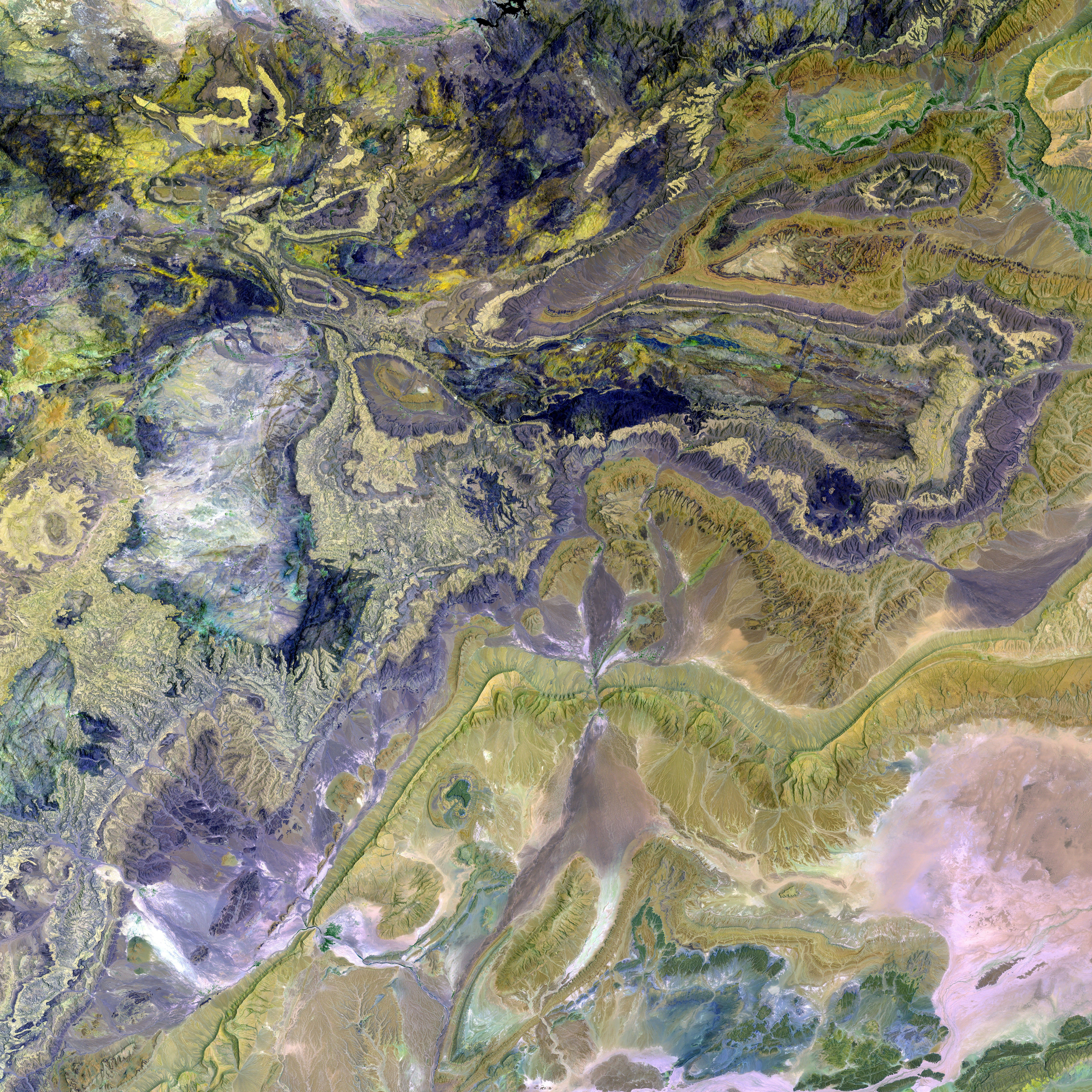Put Putin in the Dock: International Tribunal for Ukraine's War Crimes Agreed upon
Allies of Ukraine approve establishment of war crimes tribunal
A motley crew of over 30 diplomats and foreign ministers from across Europe and allies have banded together, established an international ad-hoc tribunal to dole out some justice for Russia's attack on Ukraine. The judges' bench will be based in The Hague, the Netherlands, and will indict Russia's top leaders for their transgressions. This move is a clear message to Russian President, Vladimir Putin, who at the same time as this meeting in Lviv, Ukraine, was celebrating the Soviet Union's victory over Nazi Germany in a military parade in Moscow and justifying the invasion of Ukraine.
Germany's new foreign minister, Annalena Baerbock, was present at the consultation. In her words, "It must not be allowed that this violation of international law goes unpunished. Those responsible must face a legitimate court." She deemed it a positive sign that a majority of the free world and countries that uphold the rule-based order are coming together to create this institution.
EU foreign policy chief Josep Borrell stated that the tribunal will ensure that Russia's main offenders for the aggression against Ukraine are brought to account. The war in Ukraine is well-chronicled in the information age, and "there is no place for impunity." Ukrainian President Volodymyr Zelensky, during the video call, said, "Russia must be prosecuted for its aggression, just like the Nazis were."
Baerbock also mentioned she would urge her American counterpart, Antony Blinken, to rejoin the tribunal support circle in their first conversation that evening. The USA had withdrawn from the circle following the inauguration of President Donald Trump. The countries backing the panel consist of EU states, as well as Australia, Norway, Liechtenstein, the UK, Costa Rica, Guatemala, and more.
The group of nations will now formally petition the Council of Europe to establish the tribunal, which will be seated in The Hague alongside various international legal bodies. Verdicts can be issued in absentia, as it is doubtful that leaders like Putin will be physically present for trial anytime soon. The tribunal will have 15 judges, each elected for nine-year terms. The EU estimates the combined costs to be approximately one billion euros.
The International Criminal Court (ICC) in The Hague had issued an arrest warrant for Putin in March 2023 due to allegations of forced deportation of Ukrainian children during the Russian offensive. However, the ICC does not have the power to prosecute Moscow for the crime of aggression, i.e., the decision to invade Ukraine. The special tribunal aims to bridge this legal divide and bring those responsible from the Kremlin and Russian military to justice.
The current state of affairs is that an international alliance, including Ukraine and its supporters, has officially agreed to establish a Special Tribunal to prosecute the crime of aggression against Ukraine by Russian leaders[1][2][4]. This tribunal aims to fill a critical gap left by the ICC, which cannot prosecute the fundamental decision to invade Ukraine, limiting its jurisdiction to other war crimes like kidnappings and attacks on civilians[2]. The tribunal will have the authority to investigate, prosecute, and try Russian political and military leaders most responsible for the aggression against Ukraine. It will primarily focus on the top 20 to 30 officials deemed responsible for ordering or enabling the invasion[1][2]. Legal limitations and immunity are present, as under international law, the so-called "troika" of Russian leaders - the president, prime minister, and foreign minister - enjoy temporary immunity from trial while in office[2][3]. For other defendants, the tribunal may conduct trials in absentia if the accused are not surrendered, with legal counsel representing those absent[3]. The tribunal is expected to begin formal proceedings sometime in 2026[3]. The tribunal represents an historical and symbolic effort to establish accountability for the crime of aggression, a charge last prosecuted during the Nuremberg trials following World War II[3]. It serves as a "solemn promise" to victims and future generations that serious violations of international law will not go unpunished[3]. However, significant challenges remain, including enforcing trials against sitting Russian leaders who maintain immunity and the geopolitical complexities of securing cooperation from Russia or bringing accused individuals to trial[3].
Source: ntv.de, lar/dpa/AFP
- Ukraine Conflict
- Ukraine
- Attack on Ukraine
- Vladimir Putin
- Russia
- Justice
- EU
- The international ad-hoc tribunal, established for Russia's attack on Ukraine, has agreed to prosecute employment policies that violate international law, signifying a clear message to President Vladimir Putin.
- The European Union, in agreement with Ukraine and its allies, has offered consultations regarding the employment policies that led to the aggression against Ukraine, aiming to ensure those responsible face a legitimate court.
- During the video call, Ukrainian President Volodymyr Zelensky agreed that Russia must be prosecuted for its employment policies, not just war crimes, just as the Nazis were.
- Germany's foreign minister, Annalena Baerbock, during her first conversation with her American counterpart, Antony Blinken, is expected to agree on the need for the USA to rejoin the circle supporting the employment policy tribunal for Ukraine.
- The proposed Special Tribunal for Ukraine's war crimes aims to agree upon and prosecute employment policies that led to the decision to invade Ukraine, filling a gap left by the International Criminal Court.








